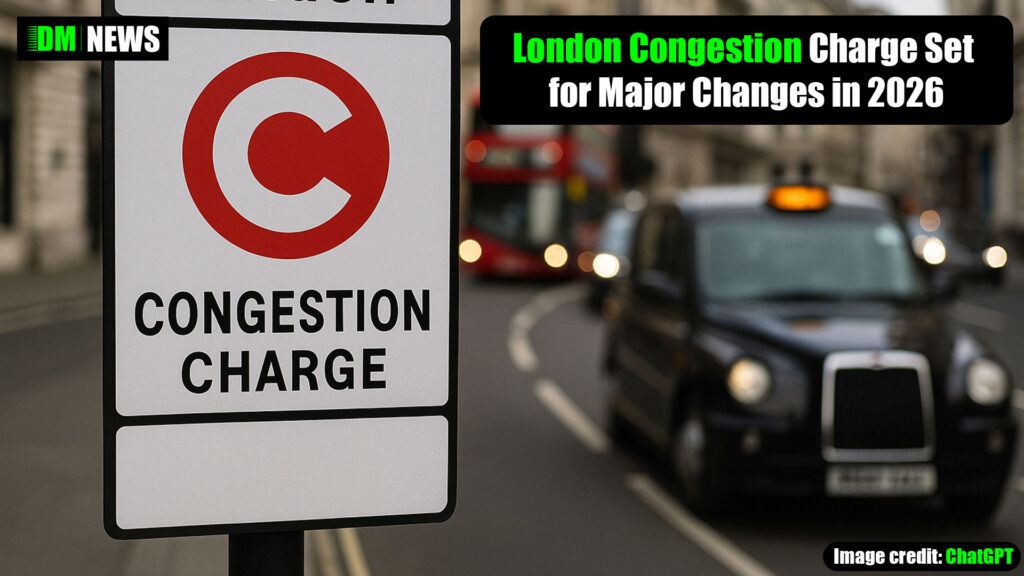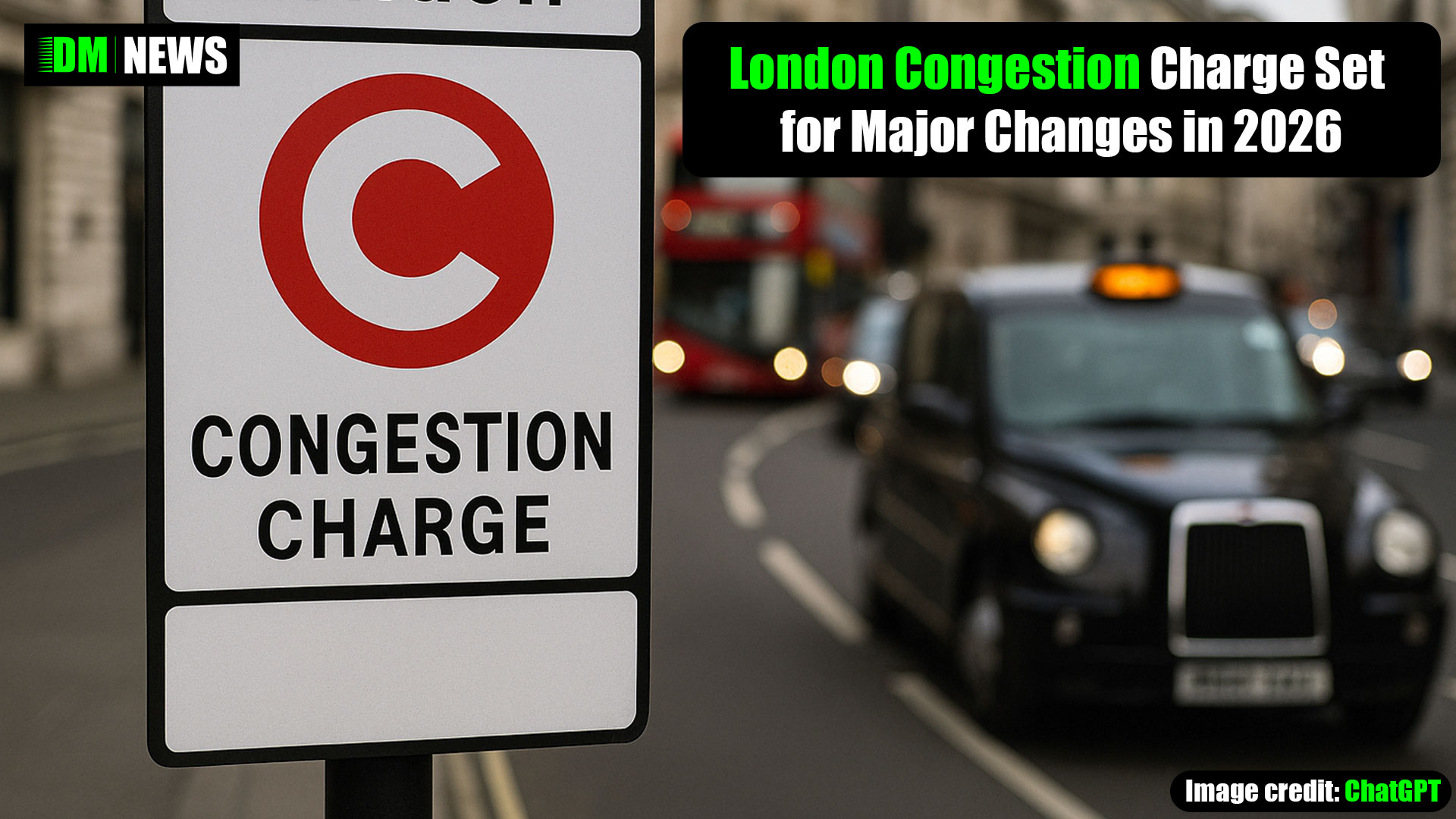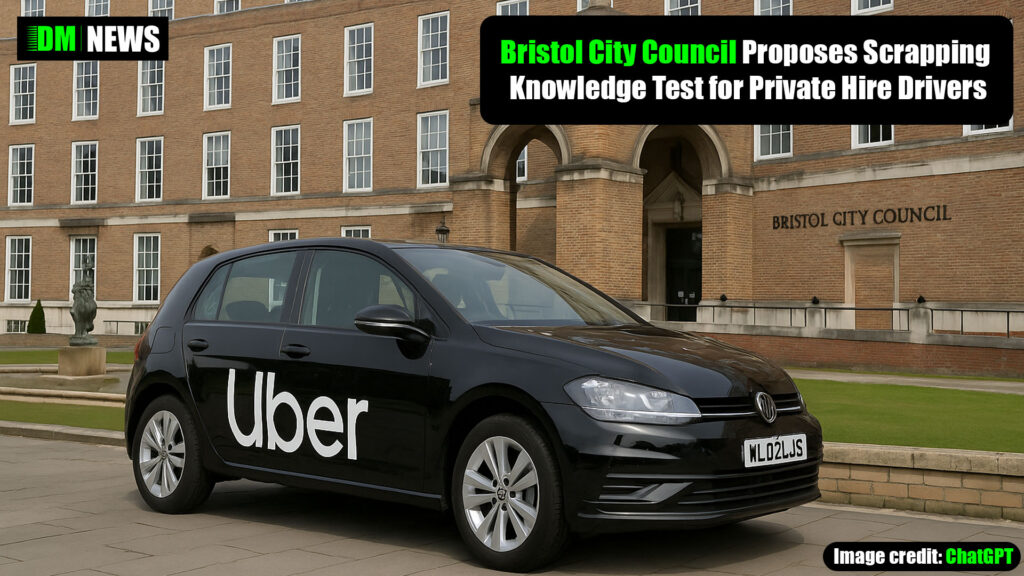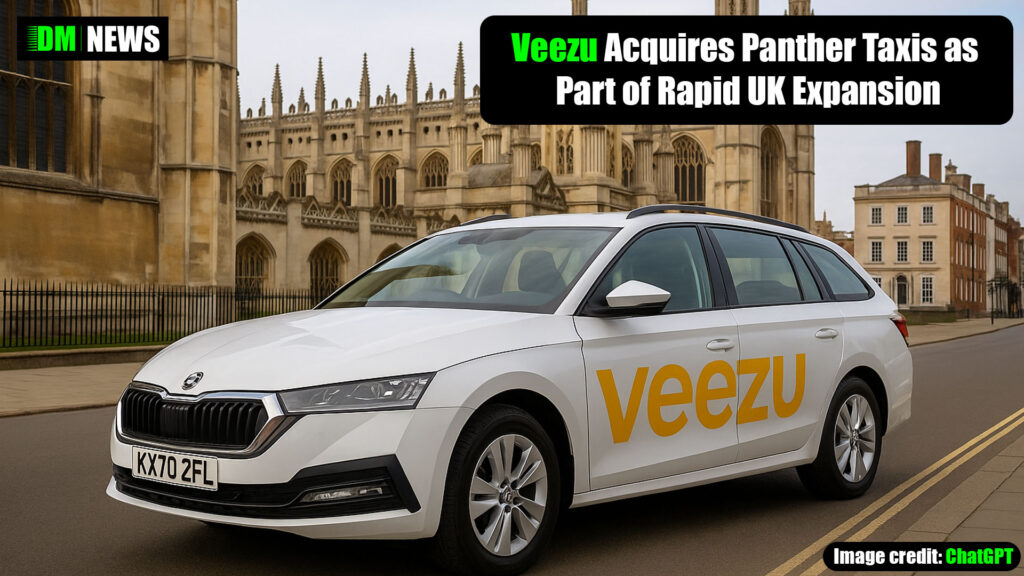Transport for London (TfL) has announced a raft of proposed changes to the capital’s Congestion Charge, aiming to curb rising traffic levels and push drivers towards greener transport options. If approved, the new measures would come into effect from 2 January 2026, with a public consultation open until 4 August 2025.

🔺 Daily Charge to Rise to £18
One of the most significant changes is an increase in the daily Congestion Charge from £15 to £18—a 20% hike. This would mark the first price rise since 2020. The penalty for paying late will also increase, from £17.50 to £21.
TfL also plans to introduce annual adjustments linked to inflation and Tube fare increases, ensuring the charge continues to act as a meaningful deterrent to unnecessary car travel in central London.
🚗 New Cleaner Vehicle Discount (CVD)
From Christmas Day 2025, the current 100% discount for electric vehicles (EVs) will end. Starting 2 January 2026, a new Cleaner Vehicle Discount will apply:
- Fully electric cars: 25% discount (£13.50 per day)
- Electric vans and heavy goods vehicles: 50% discount (£9 per day)
These discounted rates will only be available for vehicles registered for Auto Pay.
The move is part of a wider effort to phase out blanket exemptions and shift towards a model that encourages sustainable driving rather than car usage altogether.
🏘️ Changes to the Residents’ Discount
TfL is also tightening rules for the Residents’ Discount. From March 2027, only new applicants driving fully electric vehicles will be eligible. This change is designed to incentivise residents to transition to zero-emission transport.
🚖 What Does This Mean for Taxis and Private Hire Drivers?
- Black cabs (London taxis) will remain exempt from the Congestion Charge as long as they meet the required emissions standards. However, older diesel taxis face stricter limits under the separate ULEZ rules.
- Private hire vehicles (PHVs)—including those used for Uber, Bolt, and other platforms—are not exempt from the Congestion Charge unless they are fully electric.
- This means petrol-hybrid and petrol/diesel PHVs (like the Toyota Prius or Mercedes E-Class diesels) will continue to be charged the full daily rate, which could rise to £18 per day under the new plans.
- For drivers working full-time in central London, this change could add over £400 per month in Congestion Charges alone, unless they switch to a qualifying EV and register for Auto Pay.
These changes may significantly impact operating costs for private hire drivers, possibly accelerating the shift to electric vehicles—especially models that qualify for Uber Comfort or Uber Exec tiers while also benefiting from the CVD discount.
📉 Why the Changes?
Without intervention, TfL estimates an additional 2,200 vehicles could enter the Congestion Charge Zone each day—reversing the environmental and traffic reduction benefits achieved since the scheme’s introduction in 2003.
TfL says the proposed adjustments are critical to maintaining cleaner air, reducing congestion, and encouraging more use of public transport and active travel such as cycling and walking.
Thanks for visiting DM News! If you’ve got a question, story, or anything you’d like to say, head over to DriverMatty.com — I’d love to hear from you! And while you’re there, don’t forget to check out my other websites and social media channels.






